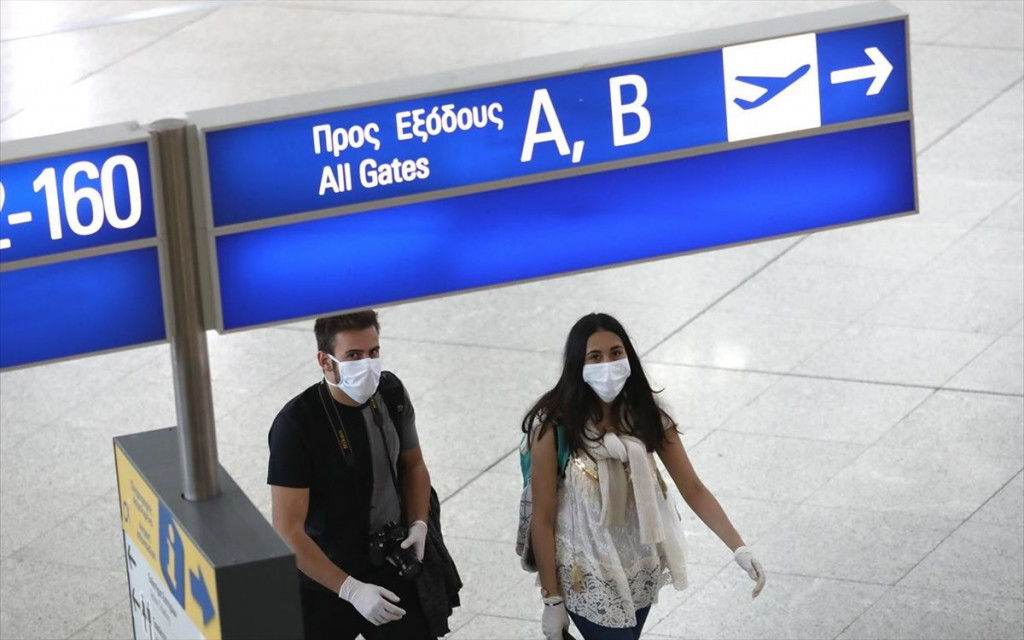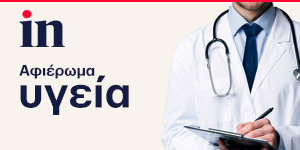
Mask use: Optional at airports and airplanes from today
ECDC guidelines and company policy
The European Center for Disease Prevention and Control (ECDC) and the European Aviation Safety Agency (EASA) recommend relaxation of sanitary measures and more specifically the use of masks, both at airports and in flight.
In particular, the ECDC and EASA, in a joint statement, abolish the recommendation for mandatory use of medical masks at airports and flights, while noting that the mask is still one of the best precautions against the transmission of COVID-19.
The new recommendation is valid from today, May 16th.
What will companies do
However, it should be noted that the rules specifically for masks will continue to differ depending on the airline. For example, companies flying to or from a destination where masking on public transport is still required should continue to encourage its use.
It is also emphasized that at-risk passengers should continue to wear a face mask regardless of the rules, ideally a FFP2 / N95 / KN95 mask that offers a higher level of protection than a standard surgical mask.
In addition to the changes to the masks, the recommendations include relaxation of stricter measures for aviation activities, which will help alleviate the burden on the industry, while maintaining appropriate measures.
Dangers still exist
A few days ago, ECDC Director Andrea Amon said, “Although there are still risks, we have seen that non-pharmacological interventions and vaccines have allowed our lives to begin to return to normal. While the mandatory use of a mask in all cases is no longer recommended, it is important to keep in mind that, along with physical distance and good hand hygiene, it is one of the best methods of reducing transmission. The rules and requirements of the countries of departure and destination should be consistently observed and enforced and travel operators should ensure that passengers are informed in a timely manner of any measures required. “The importance of these measures should continue to be effectively communicated to passengers for their safety, and the ECDC will continue to work with our EASA colleagues to regularly evaluate and amend recommendations as necessary.”
For his part, EASA Executive Director Patrick Key noted a few days ago that “from next week the masks will no longer have to be mandatory on air travel in all cases, in general alignment with the changing requirements of national authorities across Europe for public transport “adding that” for passengers and crews, this is a big step forward in smoothing air travel. However, passengers should behave responsibly and respect the choices of others around them. “A passenger who coughs and sneezes should consider wearing a face mask to reassure those sitting nearby.”
The update of this common protocol takes into account the latest developments in the pandemic, in particular vaccination levels and naturally acquired immunity, as well as the accompanying lifting of restrictions in a growing number of European countries.
Ακολουθήστε το in.gr στο Google News και μάθετε πρώτοι όλες τις ειδήσεις







![Άκρως Ζωδιακό: Τα Do’s και Don’ts στα ζώδια σήμερα [Τετάρτη 02.04.2025]](https://www.in.gr/wp-content/uploads/2025/04/pexels-ken-cheung-3355734-5489489-600x400.jpg)































![Άκρως Ζωδιακό: Τα Do’s και Don’ts στα ζώδια σήμερα [Πέμπτη 03.04.2025]](https://www.in.gr/wp-content/uploads/2025/04/mark-de-jong-B3BisFE09y8-unsplash-315x220.jpg)
















 Αριθμός Πιστοποίησης Μ.Η.Τ.232442
Αριθμός Πιστοποίησης Μ.Η.Τ.232442